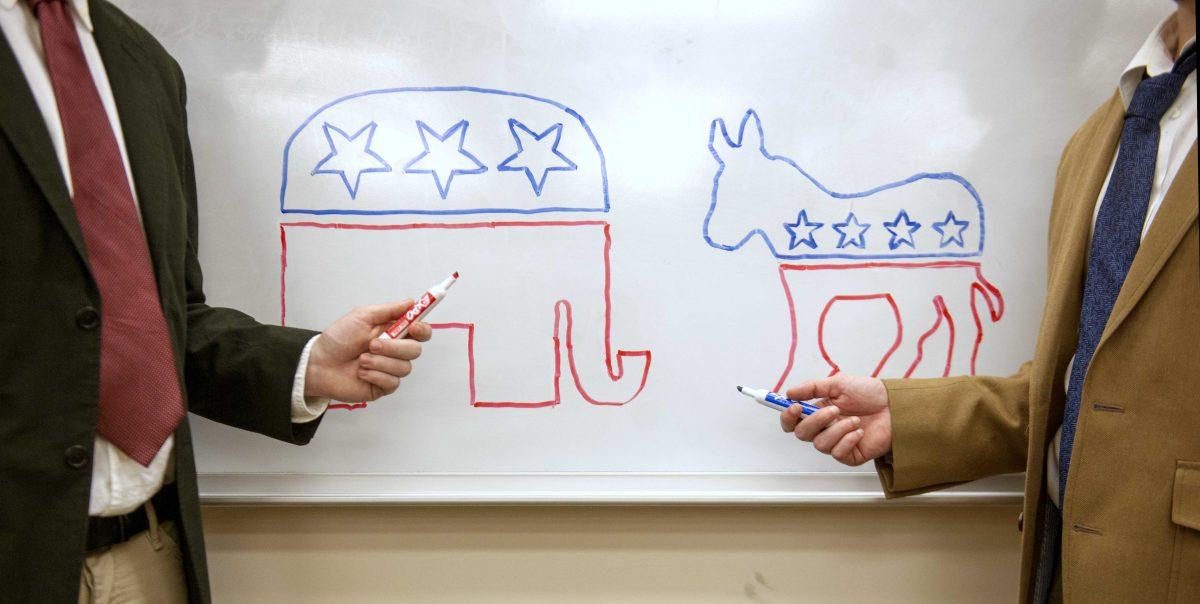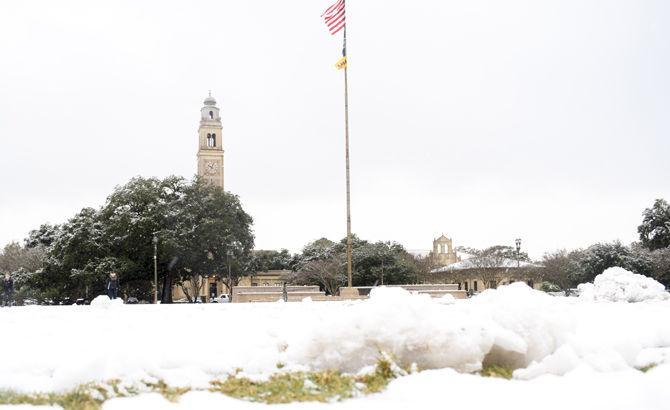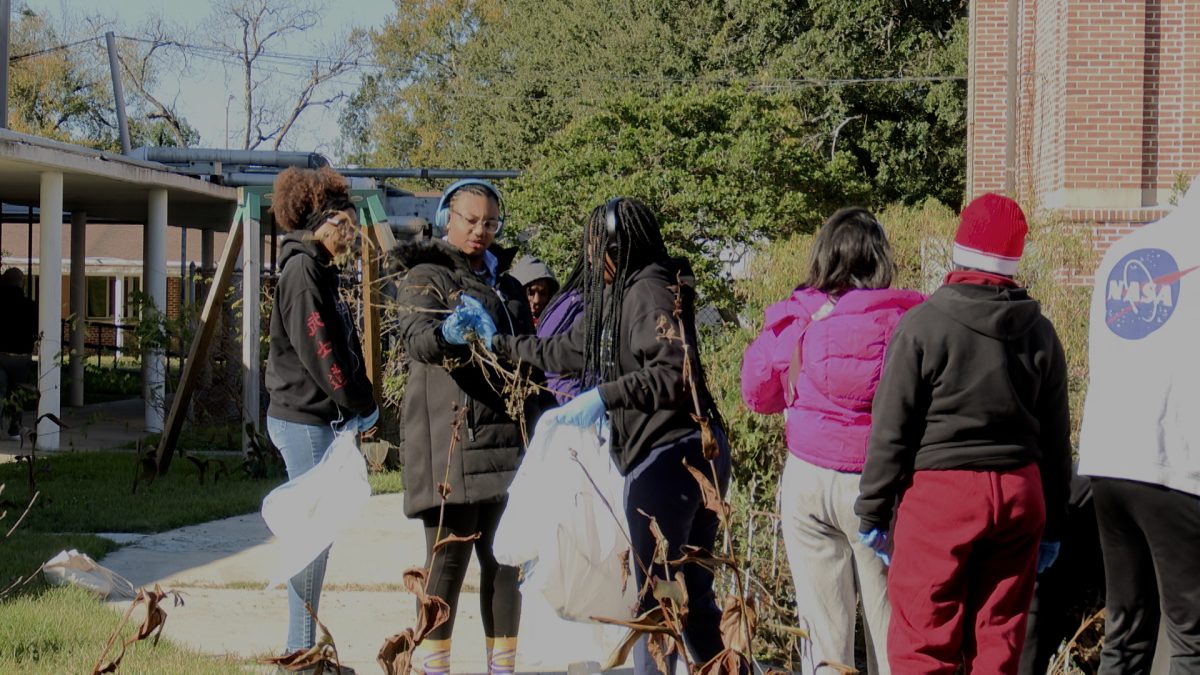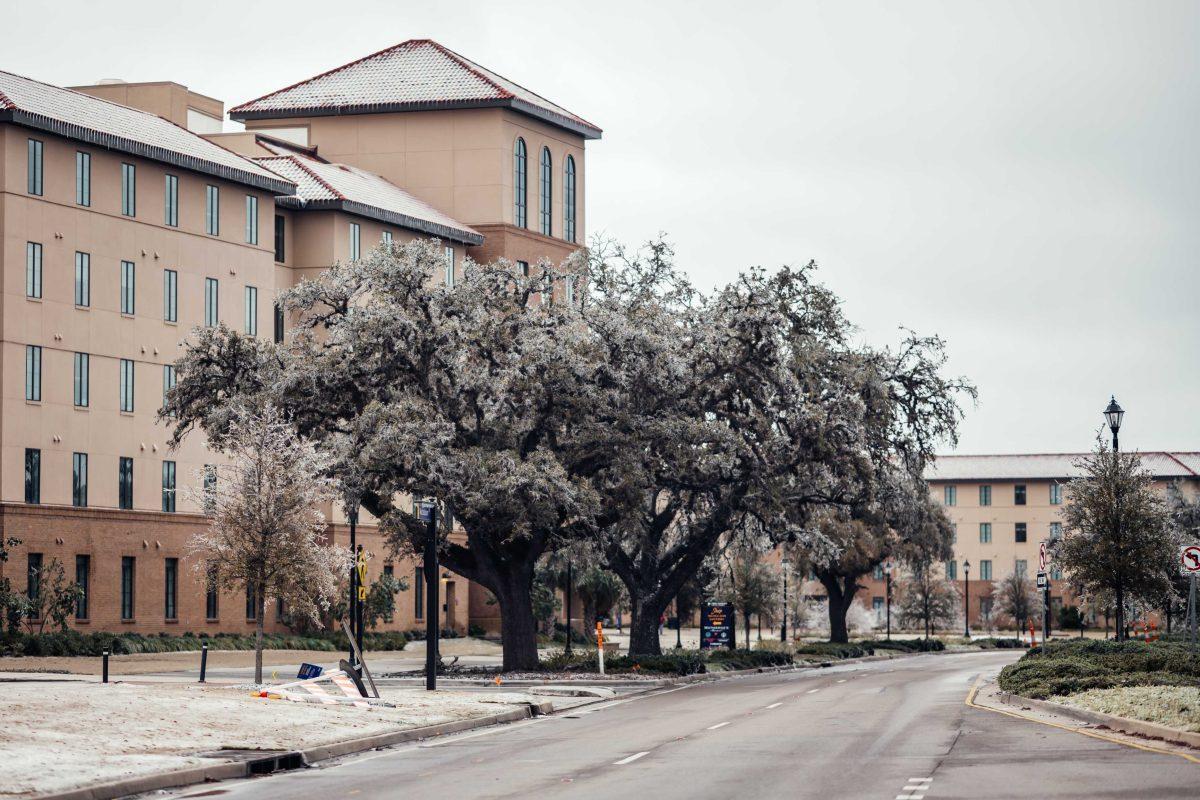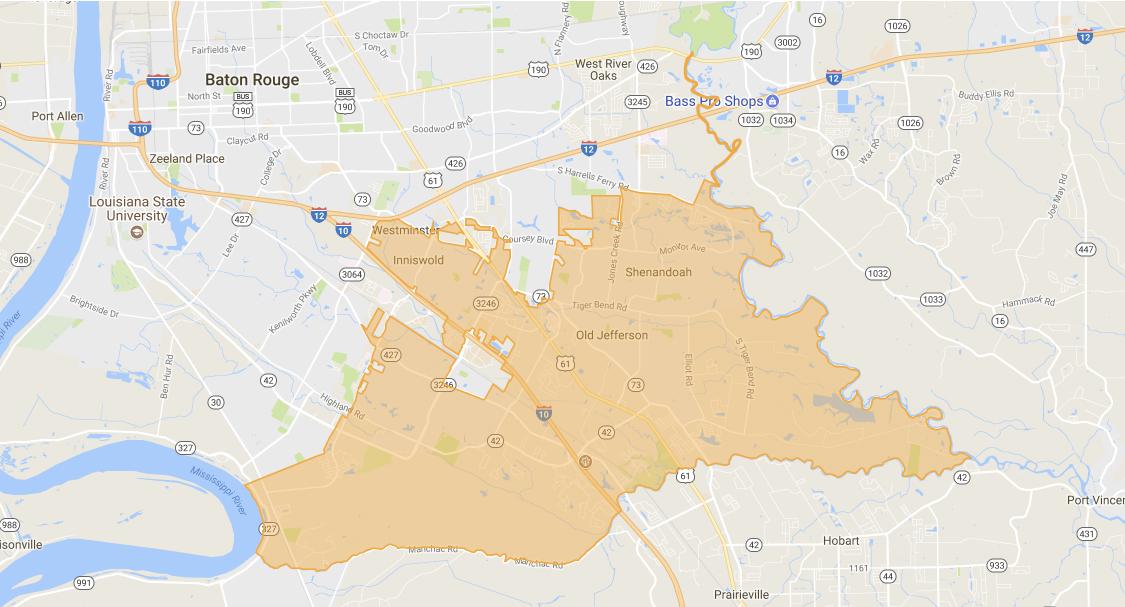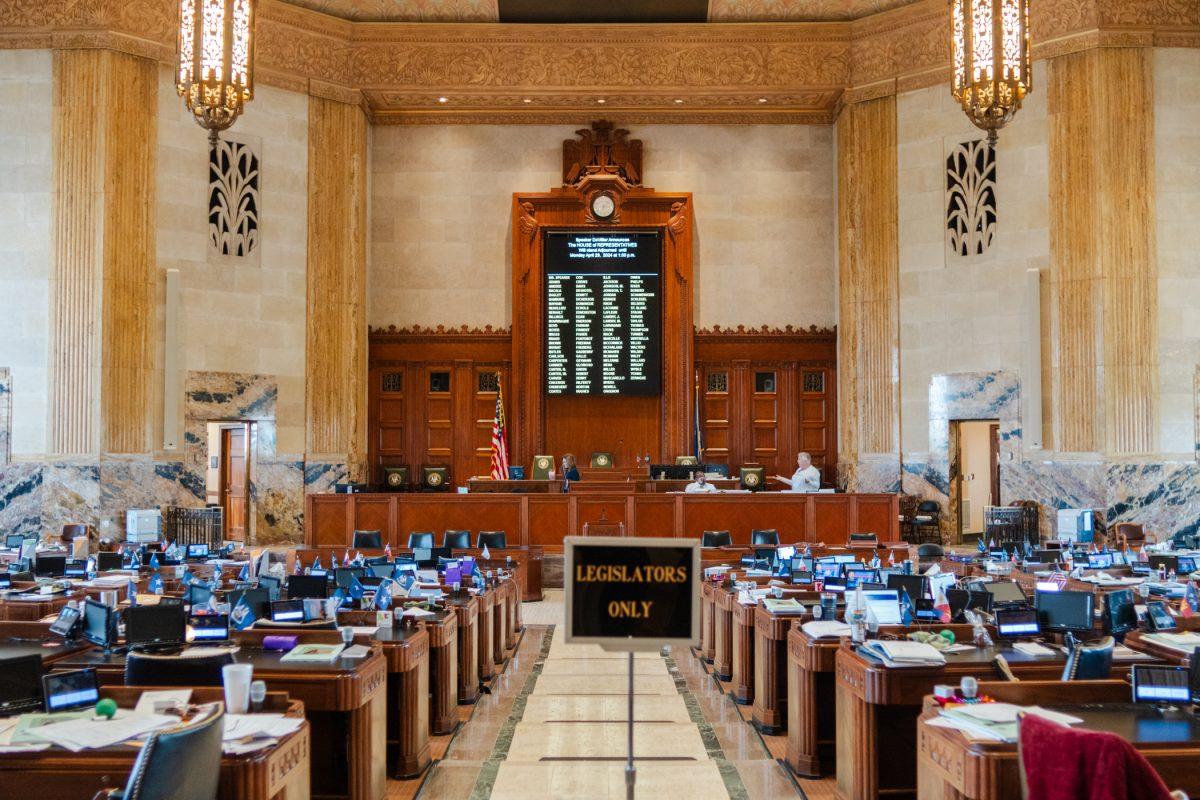College campuses are home to traditions, free thinkers and political action. And while some universities are regarded as liberal havens, LSU’s faculty maintains a relatively neutral political affiliation.
According to data compiled by The Daily Reveille, the University’s faculty is comprised of about 28 percent Republicans, 38 percent Democrats and 33 percent independents. The data was macro-retrieved through yellowpages.com and the Louisiana Secretary of State’s Voter Portal.
These numbers do not reflect every professor on campus. The data shows the faculty members with registered political affiliations.
These numbers do not reflect the nation’s party affiliation. According to a Gallup poll in February, 23 percent of people surveyed said they consider themselves Republican, 45 percent independents and 30 percent Democrats.
Some students feel there is a peaceful balance with professors’ political affiliations.
Cameron Coleman, communication studies junior, said the affiliation numbers — with a blend of conservative and liberal faculty members — accurately represent the University.
Although a large percent of University professors identify as Democrats, some departments are more partisan than others.
Music and Dramatic Arts was the department with the most liberal professors — 72 percent of professors are registered Democrats. University College Center for Advising and Counseling ranked in with the most Republicans at 47 percent. The College of Engineering has the most the registered independents with 46 percent.
Pre-nursing freshman Anissa Chenevert said the numbers reflected in department affiliations are also telling for students in the respective majors.
Chemical engineering freshman Samantha Maghanoy’s professors have never brought up politics in class, which she said shows their middle-of-the-road stance.
Faculty Senate President Kevin Cope said though the University leans liberal, the campus is still conservative compared to other universities. He also said the large number of independents at the University does not reflect national partisan numbers.
Cope said in his 30 years at the University, there have been isolated episodes where professors let their political colors fly too freely, but these are rare situations.
Political science professor James Garand said the partisan numbers at the University are interesting, but should not affect the University’s ultimate goal of education and research.
“We’re trained in our department to set aside their beliefs when conducting research,” Garand said.
Accounting senior Mark Haydel said one of his communication studies professors maintains this principle in his classroom.
“He views politics as something to research, as opposed to something you believe in,” Haydel said.
In a map of the greater Baton Rouge area, The Daily Reveille’s data shows northern Baton Rouge had a dense Democrat population and University conservatives live mostly in south Baton Rouge.
The data also shows no Republicans live north of Florida Boulevard. This does not mean there are no Republicans in the area, just none registered with the University.
American political parties are not just about policy, but encompass lifestyle and culture, Cope said. So it is somewhat natural for Democrats and Republicans at the University to live near their respective partisan groups.
The first interactive is a map showing the locations of LSU faculty in Baton Rouge by political affiliation. The second one shows a list of political affiliations by department with a pie graph to visualize the data. View different results by selecting different combinations from the Political Party and LSU Department control panels. View the video for a further explanation of each interactive.
“We’re trained in our department to set aside their beliefs when conducting research.”
Mobile Interactive: Political affiliations among University faculty
True Colors: Data reveals University balanced politically
March 16, 2014
More to Discover



